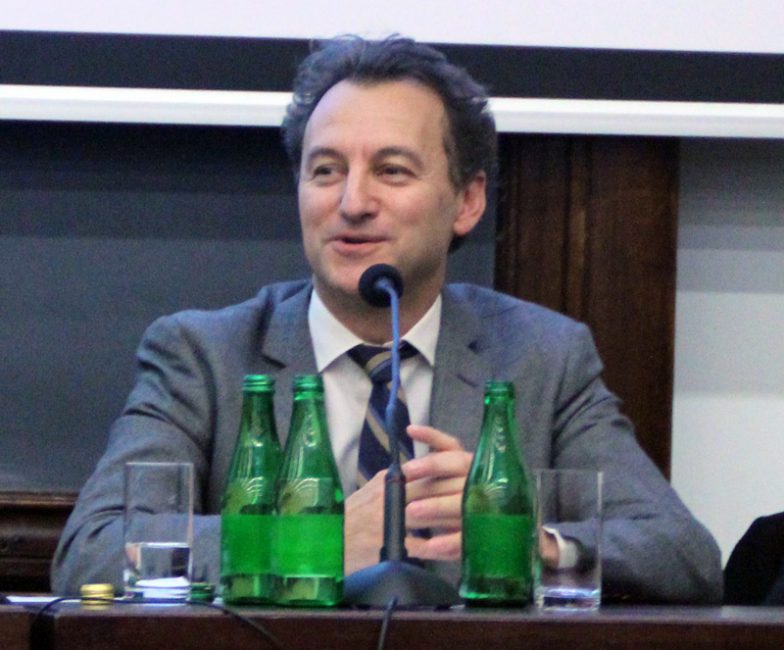A fresh five-year phase for the UN-REDD Programme has been endorsed by its three collaborating United Nations (UN) agencies – the UN Food and Agriculture Organisation (FAO), the UN Development Programme (UNDP) and the UN Environment Programme (UNEP).

The UN-REDD Programme is the “United Nations Collaborative Programme on Reducing Emissions from Deforestation and Forest Degradation (REDD+) in Developing Countries”.
Support for the 2016-2020 phase of the Programme was reaffirmed during the week in San José, Costa Rica, at the 15th meeting of the UN-REDD Programme’s Policy Board, during which three new National Programmes were presented by Chile, Myanmar and Peru.
The meeting was held 9-10 November and was opened by Dr. Edgar Gutierrez Espeleta, Costa Rica’s Minister of the Environment, and was co-chaired by Jorge Mario Rodriguez Zuñiga, Executive Director of Costa Rica’s Fondo Nacional de Financiamiento Forestal, and Mette Løyche Wilkie, Director of UNEP’s Division of Environmental Policy Implementation, and was attended by more than 70 participants from 23 countries.
In addition to the National Programme presentations, the meeting included sessions on the UN-REDD Programme’s new 2016-2020 governance structure; lessons learned related to results-based management; and prioritisation, criteria and needs assessment experiences.
UN-REDD Programme Head of Secretariat, Mario Boccucci, reported on the 2015 semi-annual progress of the Programme, presenting an aggregated review of the outputs, results and impacts of the Programme, which Policy Board members recognised as notable in the impacts achieved. This includes supporting the Programme’s now 64-partner countries of which 10 have now achieved, and 24 are in the process of achieving, the operational elements of REDD+ readiness (four elements of the Warsaw Framework for REDD+) – a 20 percent increase in this six-month period alone.
The latest partner country to complete its National Programme and advance its REDD+ readiness phase is Cambodia, which presented an evaluation of its completed programme at the meeting. The Policy Board formally congratulated Cambodia for this achievement and encouraged Cambodia to sustain its efforts.
As the UN-REDD Programme transitions into its 2016-2020 strategy, the next governance meetings are anticipated to be the first UN-REDD Programme Executive Board meeting in March/April 2016, and the first UN-REDD Programme Assembly to take place in mid-June 2016, possibly in Oslo, Norway to run back-to-back with the 2016 Oslo REDD+ Exchange.
Global Knowledge Exchange
The two-day policy board meeting was preceded by the 2015 Global Joint FCPF / UN-REDD Programme REDD+ Knowledge Exchange Day, held on 8 November. The event brought together 100 REDD+ practitioners from more than 30 countries, including representatives of developing countries, indigenous peoples, civil society organisations, World Bank agencies, UN agencies and donor countries. Designed as country-led to facilitate South-South knowledge exchanging, the day’s eight technical sessions were led by partner countries of the UN-REDD Programme and FCPF.
Countries shared their experiences on eight technical issues: forest reference levels; social inclusion in REDD+; private sector engagement; REDD+ and INDCs; REDD+ policies and measures; indigenous peoples’ achievements in measuring carbon stocks in their territories; developing a safeguards information system and country approach to safeguards; and monitoring, reporting and verification.
Launched in 2008, the UN-REDD Programme supports nationally led REDD+ processes and promotes the informed and meaningful involvement of all stakeholders, including indigenous peoples and other forest-dependent communities, in national and international REDD+ implementation.
